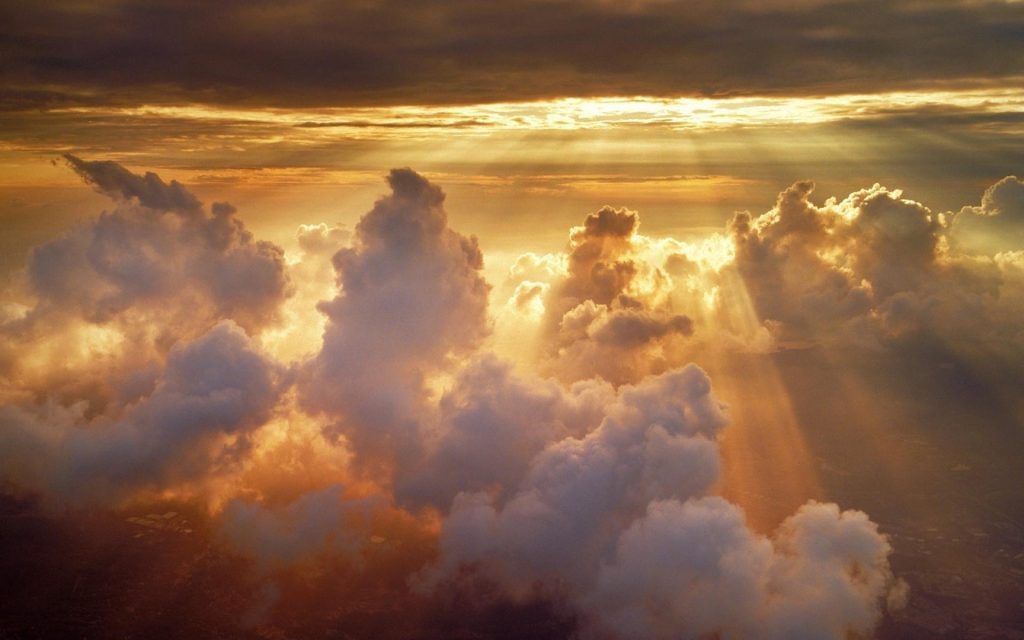
Where do we get the capacity to imagine eternal paradise and eternal damnation, and why do these ideas have such resonance? For this post, I’m less interested in the cultural history of these ideas (which is certainly important if we want to develop a full understanding) and more interested in cognitive architecture.
Hell is easier for me to conceptualize. When I’m in pain, it’s all I can focus on. It’s very hard for me to step outside that pain and think “Next week I will feel better.” This is especially true of the “positive and active anguish” (to borrow William James’s term) of depression. Aaron Beck’s cognitive triad of depression says, in part, that when we’re depressed we feel like the future is hopeless and the bad times will last forever. Maybe the concept of the eternal suffering of hell resonates with people because we already have experience imaging that our suffering will go on forever1. I wonder if some of the theologians who helped shape our modern concept of hell struggled with depression.
On the other hand, happiness, pleasure, and joy all feel more fragile to me. I recently read Martyr! by Kaveh Akbar and this quote captures the notion very well:
Often in my life, in the throes of despair, of my husband’s abuse, I have
held the certainty of the damned, that sense of “everything is going to be
just this, this misery forever, till I die.” An irrepressible inescapable horror
stretching out infinitely in every direction. Tragic, that only terror feels that
way. That even in Roya’s and my impossibly good moments, I instinctively
knew to hold them, to store them inside myself like pockets of fat for the
lean seasons ahead.
Maybe we can reach into a moment of supreme contentment, seize it, and imagine stretching that moment into infinity. But something about my lived experience keeps such an image from resonating very much. Instead, I think it’s a different kind of imagination that gives the idea of heaven its power.
Over at Experimental History, Adam Mastroianni did some cool research that found that human beings might have a fundamental predisposition to imagining how things could be better. It seems we do this in all sorts of contexts, and we imagine things being better much more often than we imagine things being worse. Maybe heaven, then, is a place to put all of our imagined improvements. Or to put it another way, maybe ideas of a perfect paradise resonate with us because we’re fundamentally wired to imagine how things could be better- and what’s better than perfection?
I think there might actually be instances in which we trigger thoughts akin to heaven and hell at the same time. Imagine having a pity party for yourself where you dwell on all the things you wish were better about your life. The more you think about it, the more perfect this alternate life seems, but also the more out of reach. Things will never improve, because while you can see the alternative clearly in your head, you’ll never be able to get there. You’re doomed to continue your suffering for the rest of your days.
I don’t know the best way to wrap up this post, so let me direct you to the excellent but only tangentially related short story by Ted Chiang, Hell is the Absence of God.
- It helps to drive home how strong this cognitive tendency is when you consider that many people overcome pain and difficulty with a success rate approaching 100%. I’m currently not in any physical or emotional distress, which means that every single time I’ve imagined my suffering would go on forever, I was wrong. Despite that, I can basically guarantee I will despair about the future many more times in my life. ↩︎
Leave a Reply